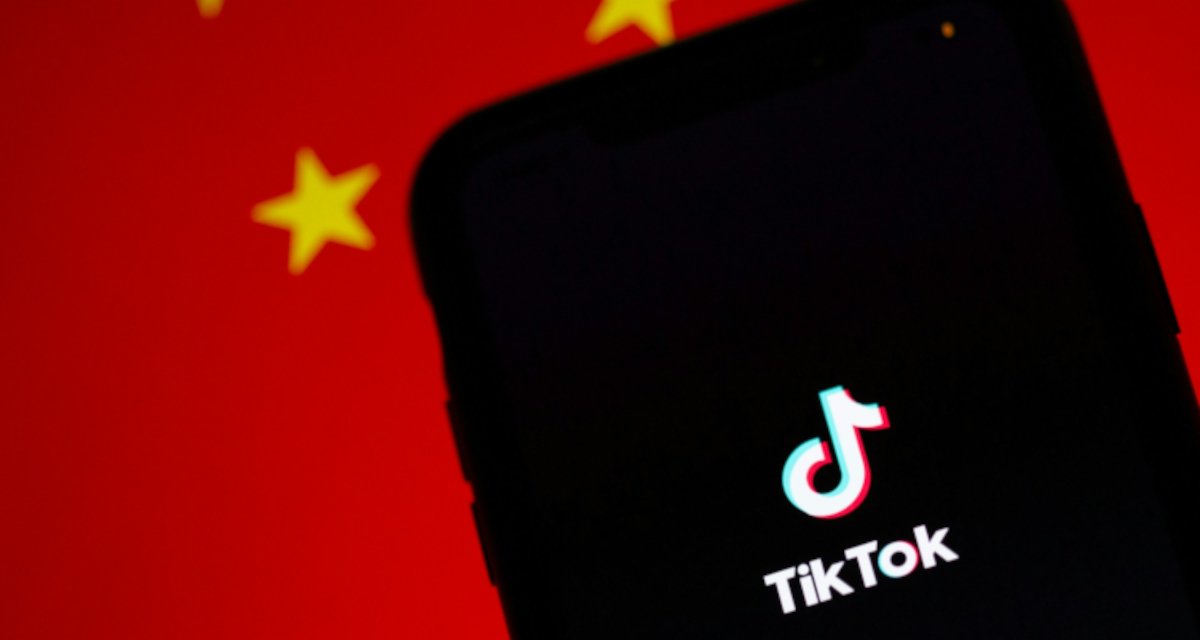Despite TikTok’s aggressive counteroffensive, the House Energy and Commerce Committee has unanimously approved bipartisan legislation requiring ByteDance to divest the short-form app.
This proposal, titled the “Protecting Americans from Foreign Adversary Controlled Applications Act,” is now on track for a vote on the House floor next week. This development follows our recent report on the bill, which addresses long-standing concerns over TikTok’s data policies and user safety.
Introduced by Representatives Mike Gallagher and Raja Krishnamoorthi, who have previously led efforts targeting TikTok, the bill aims to outlaw any “foreign adversary controlled app,” potentially including TikTok, from both app stores and web hosting platforms. It also outlines significant fines for violations and offers a path for companies to avoid penalties through a “qualified divestiture.”
House Panel Moves Forward with TikTok Forced-Sale Bill Despite App’s Strong Defense — Vote on the Floor Next Week (Credits: Semafor)
For ByteDance, based in Beijing, divesting TikTok would effectively mean a ban in the United States, impacting its access to a crucial market and potentially leading to regulatory actions in other regions, such as the European Union.
Concerns escalated today as the Energy and Commerce Committee unanimously voted to advance the bill. However, TikTok has not remained passive during this process; reports and social media posts suggest that the platform encouraged users to voice their opposition to the legislation.
Screenshots circulating online show prompts within the TikTok app urging users to contact their representatives and oppose the bill. Despite these efforts, the response from lawmakers appears to have been influenced by the significant volume of calls, many of which were reportedly hostile. This backlash may have contributed to the unanimous committee vote.
This development only adds to ongoing debates regarding TikTok’s alleged cultural influence and its potential to promote harmful behaviors and societal trends, particularly given its partial ownership by the Chinese Communist Party.
Looking ahead, both House Speaker Mike Johnson and the White House have expressed support for the legislation, with Majority Leader Steve Scalise planning to bring it to a vote next week. However, the fate of the bill remains uncertain, despite its apparent momentum, as it faces various hurdles in the legislative process.
Regardless of the outcome, a TikTok ban would have far-reaching implications, potentially resolving disputes such as the ongoing conflict with Universal Music Group (UMG). This confrontation has already prompted discussions about licensing agreements for user-generated content platforms and other services.
